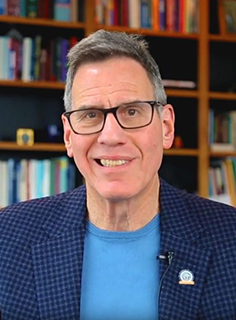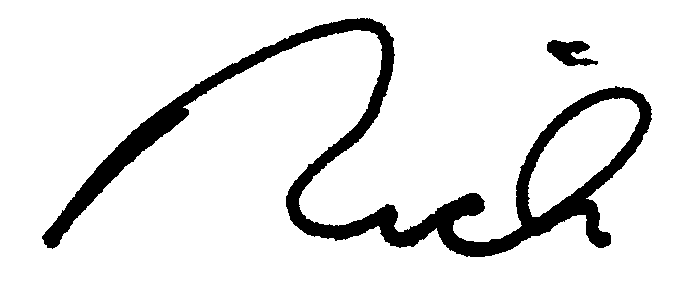
The Holocaust has always been a subject of intense personal interest -and relevance- to me, as a Jewish American whose grandparents came to this country from Eastern Europe at the turn of the last century. I grew up being taught that, had my ancestors not emigrated to this country, they would certainly have been killed in the Holocaust, and that my own life would never have come into being. As a child, I learned about it as a unique evil, singular in history, and unconnected to anything other than anti-Semitism. Throughout my adulthood, I have read voraciously about Holocaust history, and though it remains in my mind unspeakably evil for its industrial scale and viciousness, I have come to see it as connected to a more complex history, with many uncomfortable connections to present-day reality.
For example, I was surprised to learn, reading Isabel Wilkerson’s book Caste referencing a Yale historian, that a transcript exists of German legal scholars meeting in 1933, shortly after Hitler took power, to figure out how to erect the legal framework that would become the Nazi race laws, through which they defined who was Jewish in a way that allowed them to selectively turn the destructive machinery of the state on that population. Their legal model for how to achieve that? The Jim Crow laws that existed in the southern US selectively targeting Black people and turning the machinery of the state against that population. For the Nazis, a person was defined as Jewish if they had at least 1/8 Jewish heritage (one great-grandparent); they marveled at the way US law used “one drop of Black blood” as their definition.
Or reading Daniel Okrent’s The Guarded Gate, in which I learned the history of US immigration policy and its roots in the “science” of eugenics. Boston Brahmins who funded much of the political campaign to generate restrictive immigration laws called themselves “Native Americans” (really!) and coopted iconic institutions—including the American Museum of Natural History—in support of the argument that if we allowed mixing of races through free immigration, the quality of the American citizenry would inevitably decline and be corrupted by “inferior races;” the science “proved it.” I did not know that Hitler quoted American Eugenicists in Mein Kampf, nor that at Nuremberg, while Nazi officers’ defense was “I was only following orders,” Nazi doctors’ defense was sometimes “we were only following the Americans.”
Or Christopher Browning’s Ordinary Men, documenting the way in which it was common for people from a variety of backgrounds—none of whom were compelled to do the work they did—engaged in the active slaughter of hundreds of thousands of Jews in Poland, one gunshot to the back of the head at a time.
I am haunted to have learned that Hitler came to power in a free and democratic election, winning a plurality of voters on a political platform which argued explicitly that German democratic institutions had failed, the country was in crisis, and they needed a strong leader. After his election, democratically created institutions, including the courts and the legislature, gave up their power so that Hitler would be empowered to cut through all the bureaucracy; they were unable thereafter to stop him.
Holocaust Remembrance Day is and must be dedicated to thinking about the millions who perished senselessly at the hands of the German Reich. Each of them died a common death after having lived, however briefly, a unique life. Their memory can and should inspire us to be alert to the ways in which societies can lurch toward murderous actions in horrifying ways. But I hope, even as we recognize the uniqueness of the Nazi death camps, we see their echoes and descendants in the world around us, and do everything we can to keep our society from replicating them.
Yom HaShoah, which translates from Hebrew to Holocaust Remembrance Day, corresponds to the 27th day of Nisan on the Hebrew calendar. It marks the anniversary of the Warsaw Ghetto Uprising.
According to the American Jewish Committee in 2021, one in four Jews reports experiencing anti-Semitism, showing a troubling increase in US society. With almost 15% of physicians affiliated with the Jewish faith, clinical colleagues and health systems can use Holocaust Remembrance Day as a time to reflect on religious intolerance and the impact it has on Jewish and non-Jewish clinicians and patients.
Rich
